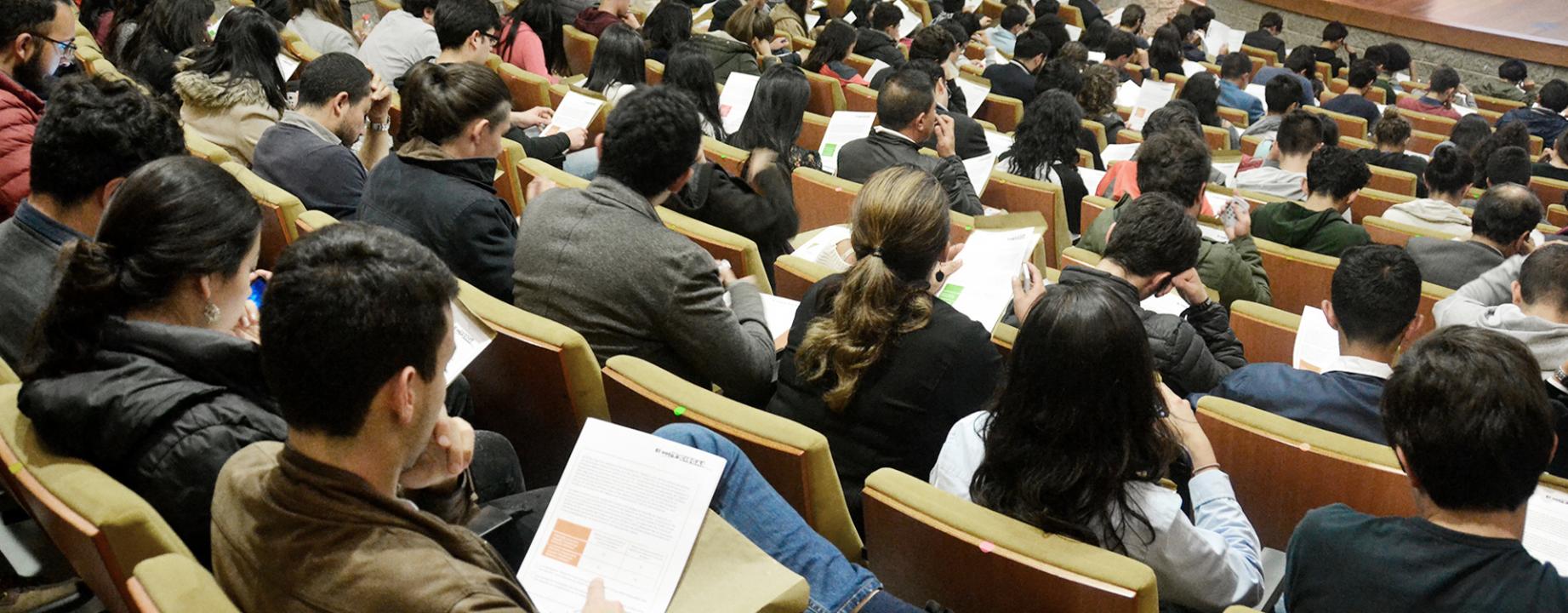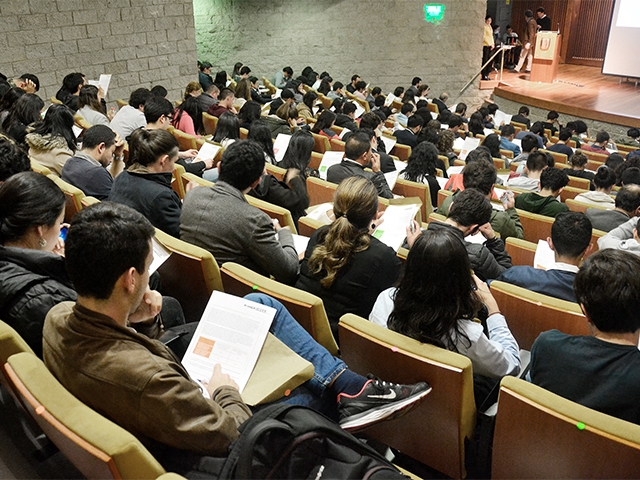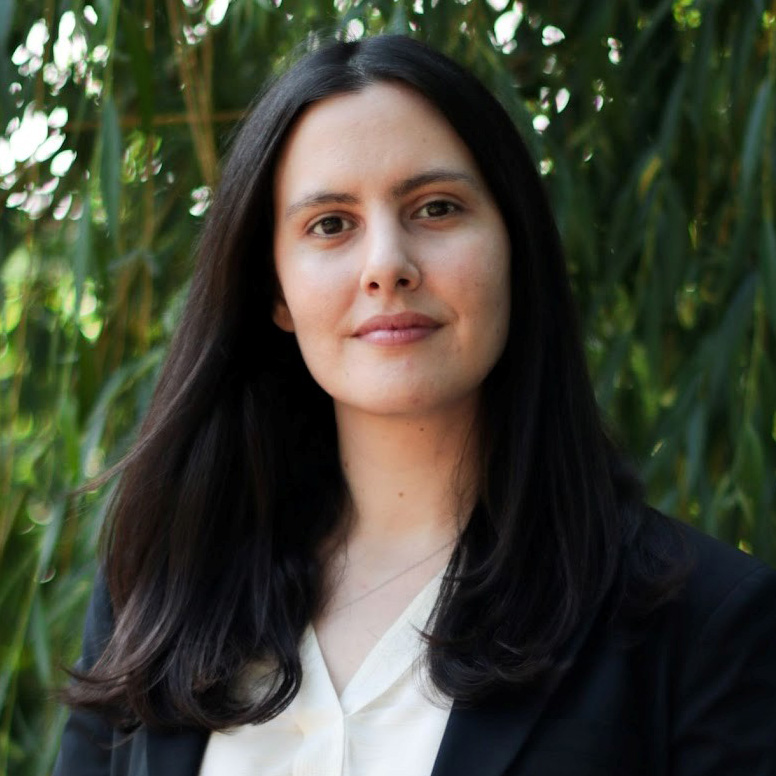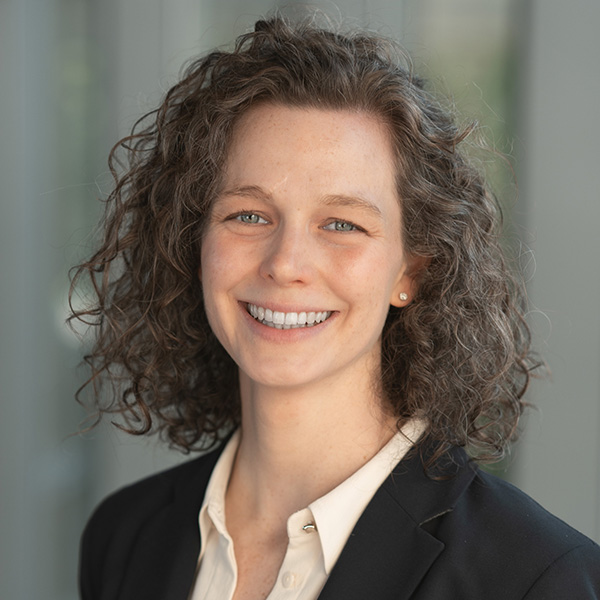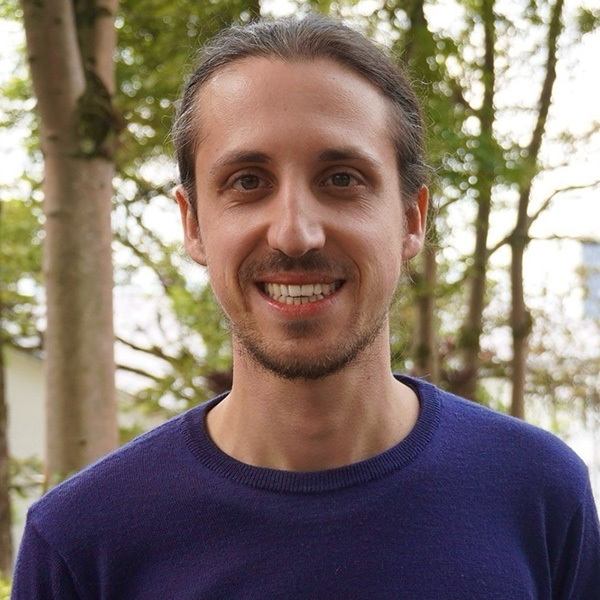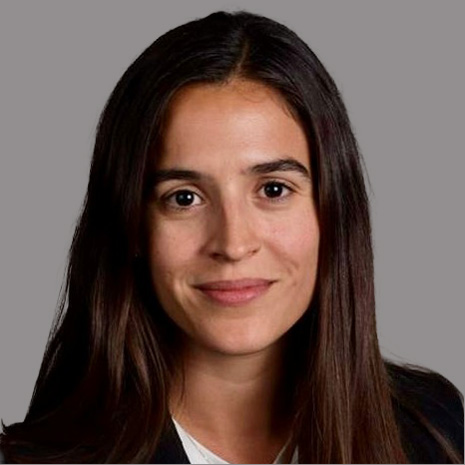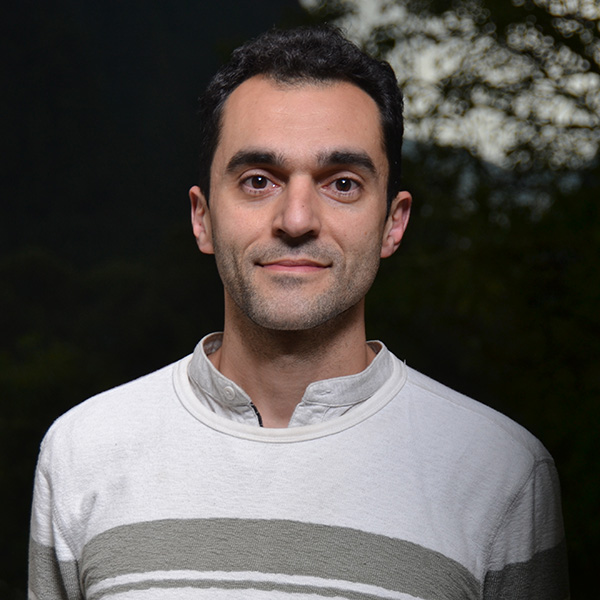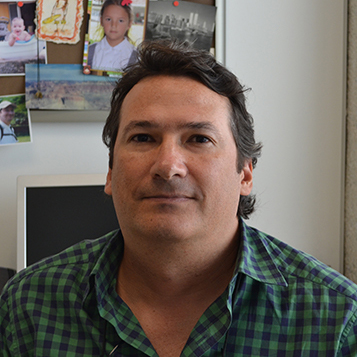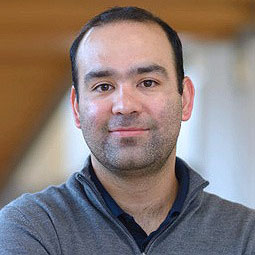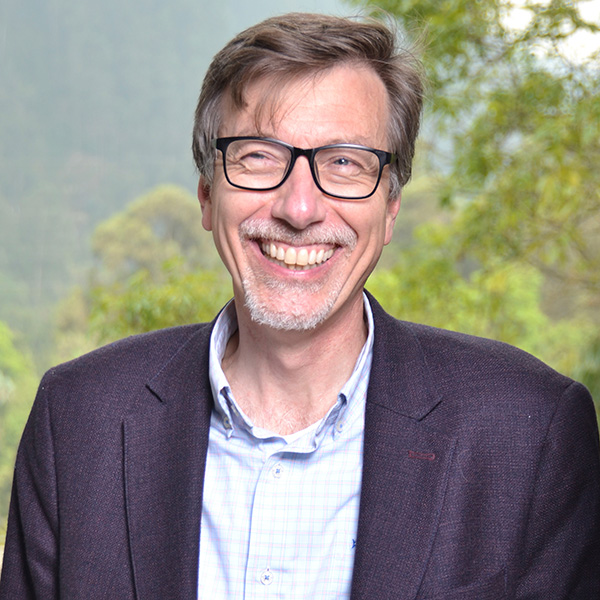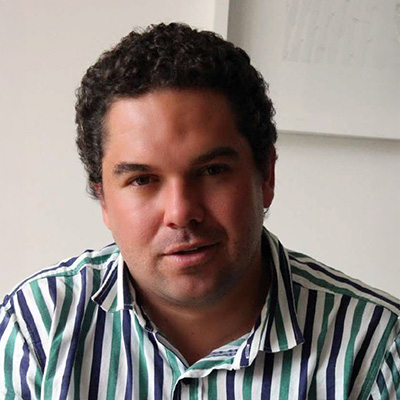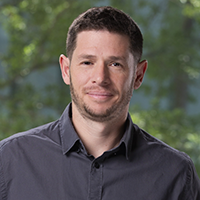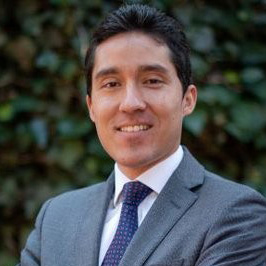Ver agenda Facultad de Economía | Ver en Google
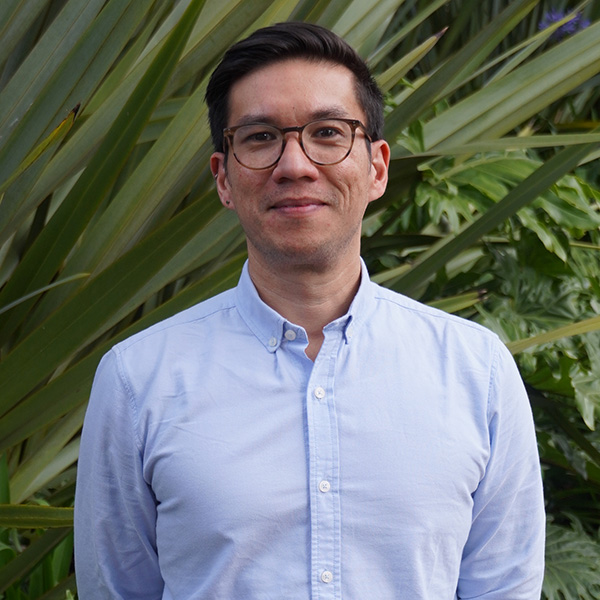
Jueves 26 de febrero | 12:30 p.m. | W-101
Presenta: Andrés Ham - Universidad de los Andes.
Coautores: Juanita Ruiz-Contreras, Andrea Velásquez.
When Violence Hits Home: Labor Markets and Household Responses in a Transit Country
We examine the effects of drug-related violence on household choices in a transit country in the global cocaine trade. Using a shift-share instrumental variables strategy that interacts temporal variation in Colombian coca production with cross-sectional municipal connectivity in Honduras, we find heterogeneous impacts on men, women, and children. Rising homicide rates reduce male labor force participation, especially among self-employed and informal workers. For women, violence increases household work and lowers self-employment wages, reflecting a shift to low-productivity activities. For children, violence raises school attendance and reduces work, consistent with schooling as a protective response. These findings demonstrate that drug-related violence disrupts labor markets and reshapes time allocation within households, underscoring the broader consequences of drug-related violence in transit countries.

Jueves 5 de Marzo | 12:30 p.m. | W-101
Presenta: Fernando Fernandez - Senior Research Scientist - Wyss Academy for Nature.
Coautores: Mathieu Couttenier, Kai Gehring and Ronny Condor.
Understanding Artisanal Mining
Millions of people depend on artisanal and small-scale gold mining (ASGM) for their livelihoods, yet transitions toward cleaner and more formal mining business models remain rare despite decades of policy interventions. We study the sources of this persistence in the Peruvian Amazon using novel survey data collected from concession owners and workers in Madre de Dios. We document substantial heterogeneity in miners’ economic conditions, exposure to risk and insecurity, access to finance and markets, trust in public institutions, and beliefs about mining and development, and examine how these characteristics relate to stated intentions to adopt clean technologies, pursue formalization, and invest in alternative business models. We then use two complementary survey experiments to discipline interpretation. A randomized conjoint experiment elicits preferences over multidimensional policy bundles, while a vignette experiment isolates the relative importance of liquidity constraints versus downside risk in adoption decisions. Together, the analysis highlights how interacting financial, institutional, and belief-based constraints shape both initial take-up and subsequent follow-through, helping explain why single-instrument policies often fail and informing the design of bundled approaches to support durable mining transitions in environmentally fragile contexts.
Jueves 12 de marzo | 12:30 p.m.
Por confirmar
Presenta: Rakesh Vohra
Jueves 26 de marzo | 12:30 p.m.
Por confirmar
Presenta: Miguel Espinosa
Jueves 9 de abril | 12:30 p.m.
Por confirmar
Presenta: Rachid Laajaj - Universidad de los Andes
Jueves 16 de abril | 12:30 p.m.
Por confirmar
Presenta: Sebastián Montaño - Universidad de los Andes
Jueves 23 de abril | 12:30 p.m.
Por confirmar
Presenta: Oscar Becerra - Universidad de los Andes
Jueves 30 de abril | 12:30 p.m.
Por confirmar
Presenta: Ursula Mello
Jueves 7 de mayo | 12:30 p.m.
Por confirmar
Presenta: Nicolás González
Jueves 14 de mayo | 12:30 p.m.
Por confirmar
Presenta: Sebastián Otero
Jueves 21 de mayo | 12:30 p.m.
Por confirmar
Presenta: Juan Escobar
